Has misguided dietary advice on fats and oils contributed to the rise in heart disease?
The evidence on the dangers of polyunsaturated oils and their replacement of saturated fats in the American diet has been well documented the past few years, especially on CoconutOil.com. Dietary advice from the USDA and other organizations like the American Heart Association continue to promote polyunsaturated oils as heart-healthy and demonize saturated fats as unhealthy, in spite of overwhelming evidence to the contrary. Is there any coincidence that the top polyunsaturated oils, soybean oil and corn oil, are the most heavily subsidized crops in the U.S.?
Now a new report published in the British Medical Journal has reportedly resurrected data from a 1960s study, the Sydney Diet Heart Study, which supports a completely different conclusion about the effects of polyunsaturated oils on heart disease. Not only does the evidence not support the claim that polyunsaturated fats prevent heart disease, it shows that just the opposite is true! The conclusion from the abstract:
Advice to substitute polyunsaturated fats for saturated fats is a key component of worldwide dietary guidelines for coronary heart disease risk reduction. However, clinical benefits of the most abundant polyunsaturated fatty acid, omega 6 linoleic acid, have not been established. In this cohort, substituting dietary linoleic acid in place of saturated fats increased the rates of death from all causes, coronary heart disease, and cardiovascular disease. An updated meta-analysis of linoleic acid intervention trials showed no evidence of cardiovascular benefit. These findings could have important implications for worldwide dietary advice to substitute omega 6 linoleic acid, or polyunsaturated fats in general, for saturated fats. (Italics added.)
Philip C Calder, professor of nutritional immunology in the faculty of Medicine at the University of Southampton wrote an editorial on the study here. Some quotes:
American Heart Association advice on omega 6 PUFAs cast into doubt
The American Heart Association recently repeated advice to maintain, and even to increase, intake of omega 6 PUFAs.4 This advice has caused some controversy, because evidence that linoleic acid lowers the risk of CVD is limited—most trials that claimed to investigate the effect of exchanging saturated fat for linoleic acid involved multiple dietary changes or multiple interventions (or both). In particular, studies lowered trans fatty acid intake or increased omega 3 PUFA intake (or both) at the same time as increasing linoleic acid intake. The impact on CVD risk or mortality of replacing saturated fat with linoleic acid without changes in other fatty acids has rarely been investigated, and no large randomised controlled trial has recently explored this important question.
These findings argue against the “saturated fat bad, omega 6 PUFA good” dogma and suggest that the American Heart Association advisory that includes the statement “higher [than 10% of energy] intakes [of omega-6 PUFAs] appear to be safe and may be even more beneficial”4 may be misguided.
Larry Husten, a medical journalist covering cardiology news at Forbes, also blogged about this new report:
The American Heart Association has long urged people to increase their consumption of polyunsaturated fatty acids (PUFAs), including omega 6 PUFAs, and reduce their consumption of saturated fatty acids. The recommendations are based on the simple observation that PUFAs lower total and LDL cholesterol while SFAs have the opposite effect. However, the cardiovascular effects of substituting PUFAs for SFAs have never been tested in randomized, well-controlled clinical trials, and a growing proportion of experts now suspect that simple changes in total cholesterol and LDL cholesterol may not tell the whole story.
Will the American Heart Association now change their advice, since that advice appears to be leading people to make bad dietary oil choices that is contributing to heart disease??
Read the full article here: http://healthimpactnews.com/2013/resurrected-data-from-1960s-shows-american-heart-associations-advice-on-dietary-fats-has-been-wrong/
See Also:
Enjoy Saturated Fats, They’re Good for You!
UNSATURATED VEGETABLE OILS: TOXIC



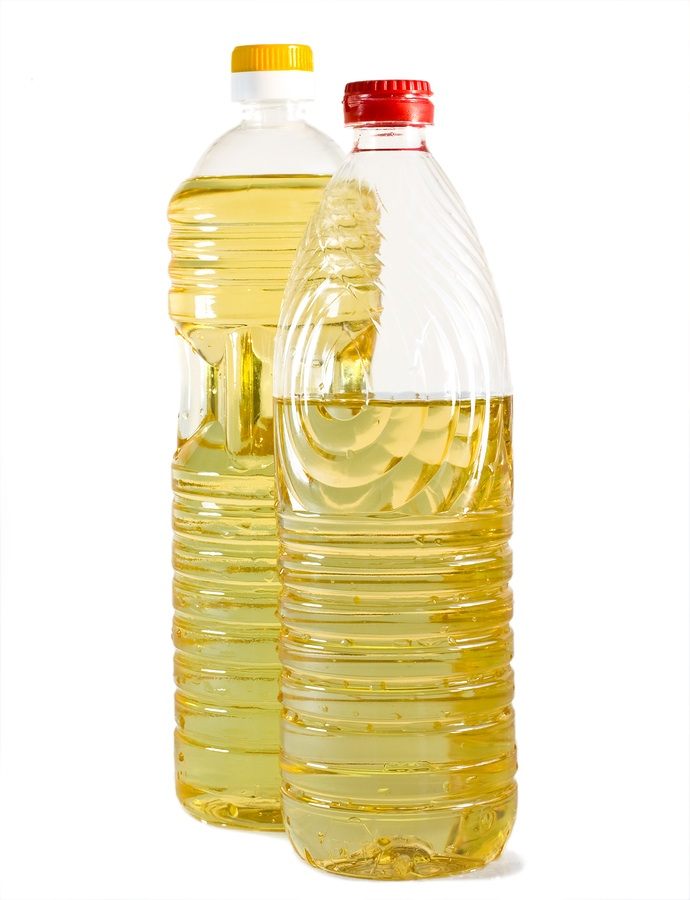
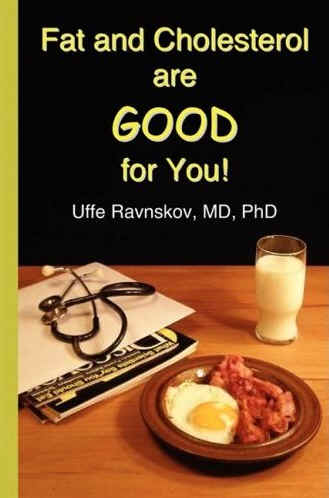
 The FDA has NOT Banned Trans Fats! Traditional Saturated Fats like Coconut Oil Continue to Shine for Alzheimer's Disease but are Condemned by U.S. Dietary Advice
The FDA has NOT Banned Trans Fats! Traditional Saturated Fats like Coconut Oil Continue to Shine for Alzheimer's Disease but are Condemned by U.S. Dietary Advice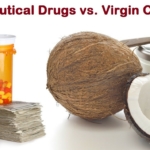 The Evidence of Coconut Oil's Superiority Over Drugs in Destroying Pathogens Continues to be Published in Peer-Reviewed Journals
The Evidence of Coconut Oil's Superiority Over Drugs in Destroying Pathogens Continues to be Published in Peer-Reviewed Journals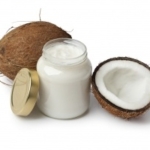 Study: Virgin Coconut Oil Protects Neuronal Damage and Mortality after a Stroke Incidence
Study: Virgin Coconut Oil Protects Neuronal Damage and Mortality after a Stroke Incidence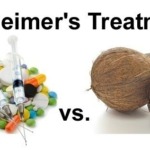 Another Phase 3 Trial Failure to Develop an Alzheimer's Drug Shows Why Virgin Coconut Oil is Needed to Prevent Dementia
Another Phase 3 Trial Failure to Develop an Alzheimer's Drug Shows Why Virgin Coconut Oil is Needed to Prevent Dementia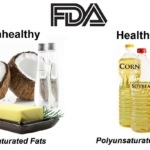 FDA Food Police want to Dictate What Foods are "Healthy" in New Guidelines Criminalizing Traditional Fats Like Butter and Coconut Oil
FDA Food Police want to Dictate What Foods are "Healthy" in New Guidelines Criminalizing Traditional Fats Like Butter and Coconut Oil